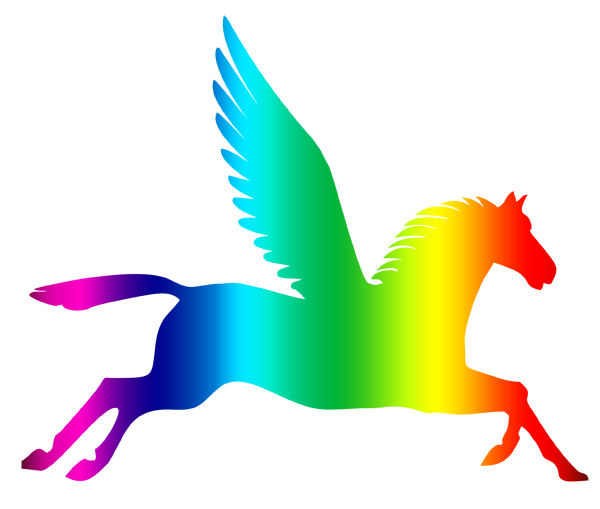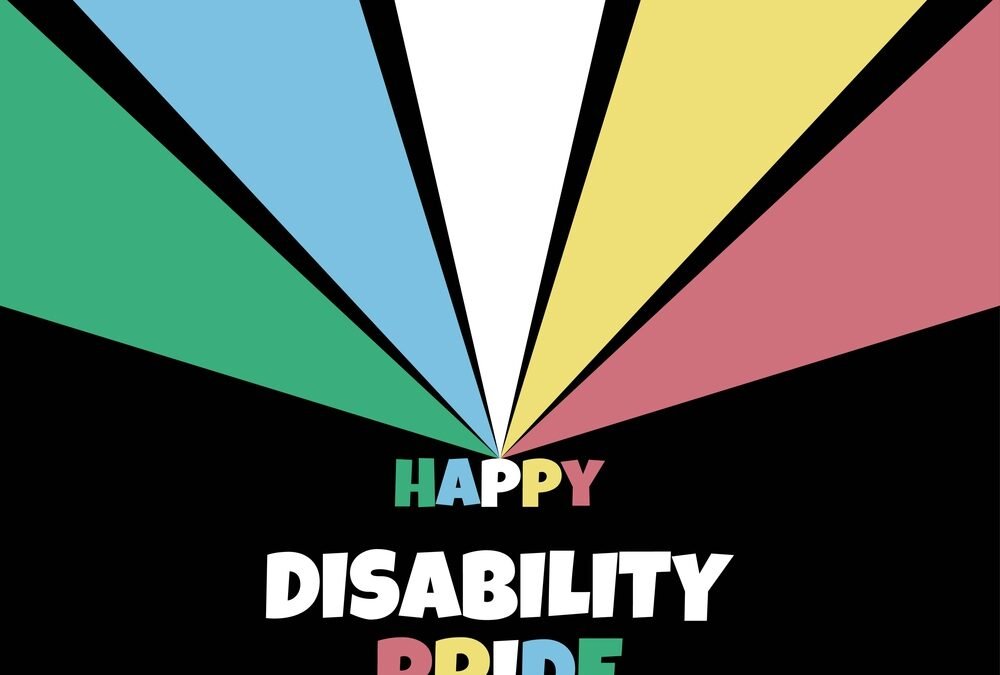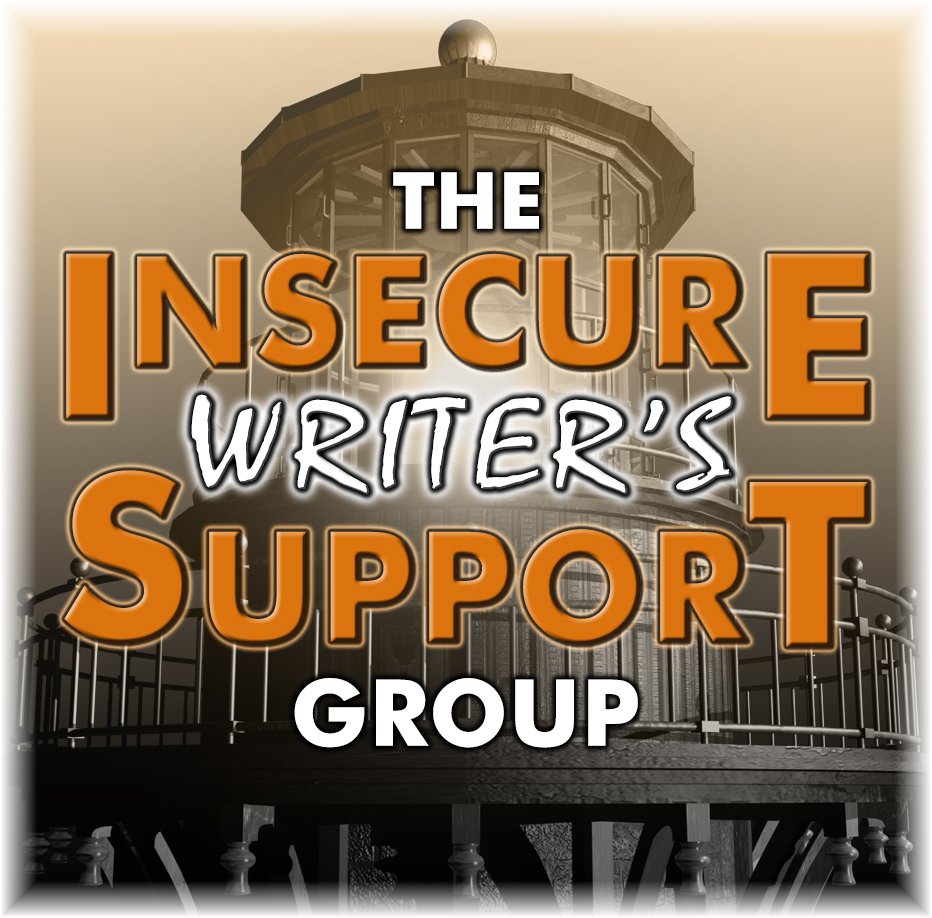Representation matters. So when Sonia, of The Pegasus Enchantment series, with her RA (rheumatoid arthritis) and her rollator are able to defeat those who wish to stop the construction of the Pegasus Academy, I know some reader out there is going to be seen. Likewise, when her pegasus filly with PTSD manages to overcome her fears, or a character with anxiety who uses their socius (magical animal companion) as a service animal, I know people will feel seen. I feel seen as I’m writing them.
July is disability pride month and it’s a time to see those with disabilities who often remain invisible the rest of the year. It’s a time to remind people that invisible disabilities do exist, and you never know what someone is dealing with on the inside on any given day. In spite of pain, mental health, or other struggles, for many of us, we get up, show up, and go through our day without you even knowing. It’s a month to push back on the narratives of being the “good” disabled person, you know the kind who is only seen as a “feel good” story (aka inspiration porn) to make able-bodied folks feel better about themselves. And, it’s a reminder, especially this year, that ableism and ageism go hand-in-hand.
Not every character I write is disabled, but there’s a good bet that many of them, even if it’s not specifically spelled out on the page, struggle with mental health or other issues. Not everything makes it into a story. That’s a part of pride too, knowing when and to whom, you share your struggles with, and when do you keep your stories to yourself. You can be proud about who you are and what you accomplish, or allowing yourself to rest (because that’s something to be proud of as well), without shouting it from the rooftops. But sometimes you want to, and that’s a lot of what you’re going to see this month.
Stop making disability your entire personality, people say. I know I worry that I talk about certain things too much, that people are tired of hearing about it. But I also suspect that those worries, that voice, is something that I’ve heard from other people–not the truth–only their opinions rooted in ableism. You see, pride can also shine a mirror on when people don’t live up to their best self, their best ideals, and when people see this, they often try to quiet you. So pride is a way to drown out the noise, to ensure that you’re seen, visible, heard, and validated.
I write disabled characters because we exist. And we deserve to be proud of who we are, to experience the fullest extent of disability liberation for ourselves, and to kick ableism to the curb and into the trash heap of history, where it belongs.


